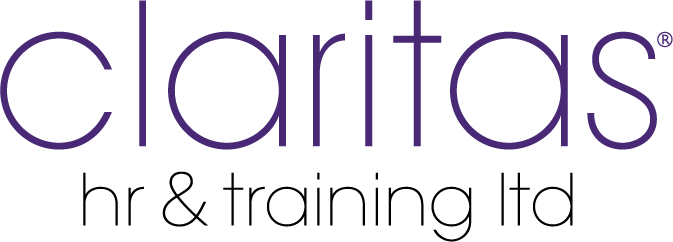When you started out, you were probably on your own I imagine, perhaps when you were busy the occasional family member helped you out? No real need for a contract of employment, but what happens when you start to grow and start recruiting staff? They will need a contract of employment, something that gives them information on hours, duties, holidays, etc. They are very important so that your staff know what you expect from them, and they know what to expect from you.
I just bring in staff when the workload is high.
But I hear you say that doesn’t apply to me because they are not staff, but sub-contractors that I use. A contractor contract would identify the fact that they are not an employee, as well as covering the points an employee contract does. So again, vital that both of you know what to expect from each other, but a sub-contractor may not always be working for you. Have you ever considered how much they know about your company, who your customers are – then they spend a week working for your competitors if your work slacks off. You need a contract that includes confidentiality clauses as well as intellectual property clauses. Perhaps the latter does not apply to a casual groundworker, but someone working with IT software it could be vital to keep your competitive edge.
How long do I have to do provide these contracts?
Obviously, contractor contracts need to be in place on Day 1, there are important issues as we have just discussed that they really do need to know where they stand before they start work. However, when it comes to employee contracts you have plenty of time don’t you? Well, you certainly used to have a whole eight weeks to prepare a contract for the employee to sign. However, since April 2020 the rules changed – now an employee must sign their contract on day 1 or prior to starting work. So now this becomes part of the employees onboarding process.
You have a number of options with employment contracts, you can put them together yourself with the help of a search on the internet, or spend time looking at a pro-forma contract from a large HR company to see which of the clauses you need or don’t. Is this a good and profitable use of your time? Also remember your problems don’t end once the contract is signed – any mistakes in the document could harm your chances of resolving a problem down the line. At AJHR we aim to know your company and your needs and make sure the documents we produce suit your individual company needs both now and in the future. We can also make this part of an onboarding process we provide for you.



